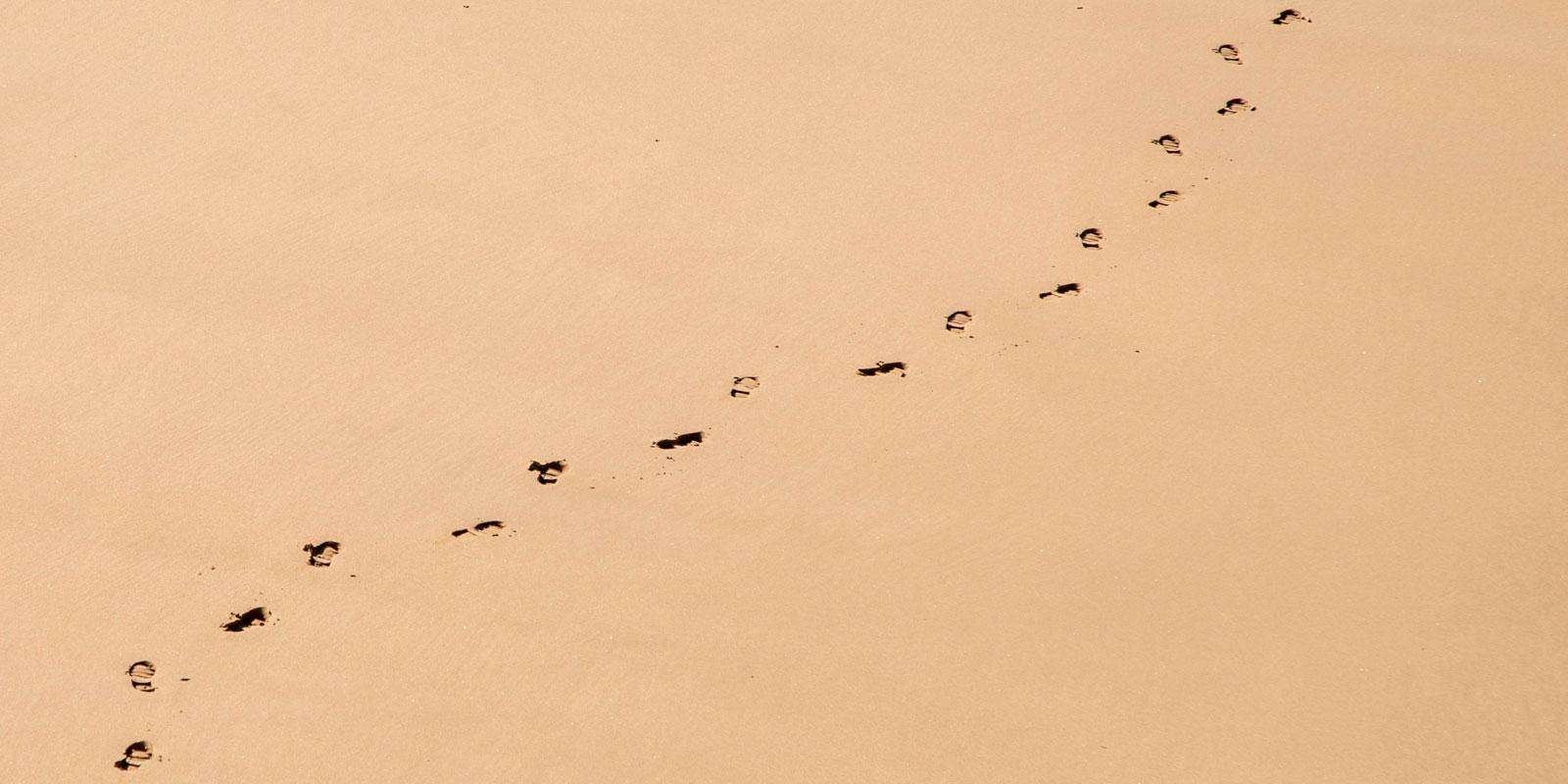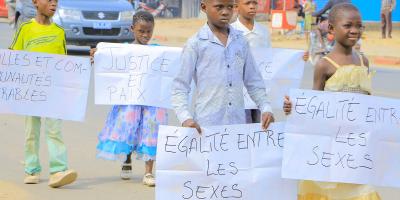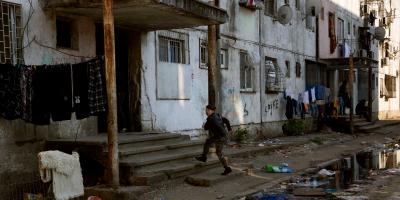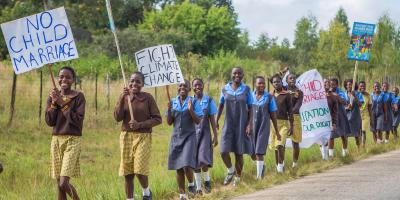
Change your footprint
The personal impact of each person on the planet is usually referred to as their ecological footprint. The opposite, i.e. doing good things for the environment, is called an ecological handprint.
Purpose
To help pupils focus on the positive, that is think about how each person can contribute to a better environment, a bigger ecological handprint.
Preparations
Flipchart paper with different suggestions on how to contribute to a better environment. Write down on large pieces of paper different ways of contributing to a better environment and counteracting climate change. One statement for each piece of paper. (The activity can also be done together on the board, with participants having the chance to come up with suggestions under the different statements.)
Do it like this
- Put the pieces of paper on different tables and divide the class/group into smaller groups so there are three or four participants at each table.
- Everyone will need their own pen. Allow one or two minutes at each table.
- The task is to try and answer the question “How will I do that?” The participants write their suggestions on the paper (e.g. I will look after plants and animals in my area. How will you do that? I will save washing up water to water plants with. Or I won’t throw litter on the ground that animals may try to eat. How will you do that? I will reuse the litter or put it in a wastepaper bin/take it to the rubbish tip.)
- When the two minutes are up, each group moves on to the next table until everyone has written on all the pieces of paper.
- Bring all participants together and go through the suggestions.
Examples of actions (add/replace with actions that are relevant to your surroundings):
- I won’t throw litter on the ground.
- I will reuse and recycle as often as I can.
- I will mend things that get broken.
- I won’t throw litter and waste in rivers/ponds or the sea.
- I will look after plants and animals in my area.
- I won’t throw chemicals or other hazardous waste in nature, and make sure it is taken care of in a safe way.
WORLD'S CHILDRENS PRIZE FOUNDATION
Långgatan 13, 647 30, Mariefred, Sweden
Phone: +46-159-129 00 • info@worldschildrensprize.org
© 2020 World’s Children’s Prize Foundation. All rights reserved. WORLD'S CHILDREN'S PRIZE®, the Foundation's logo, WORLD'S CHILDREN'S PRIZE FOR THE RIGHTS OF THE CHILD®, WORLD'S CHILDREN'S PARLIAMENT®, WORLD'S CHILDREN'S OMBUDSMAN®, WORLD'S CHILDREN'S PRESS CONFERENCE® and YOU ME EQUAL RIGHTS are service marks of the Foundation.


x
x
x




